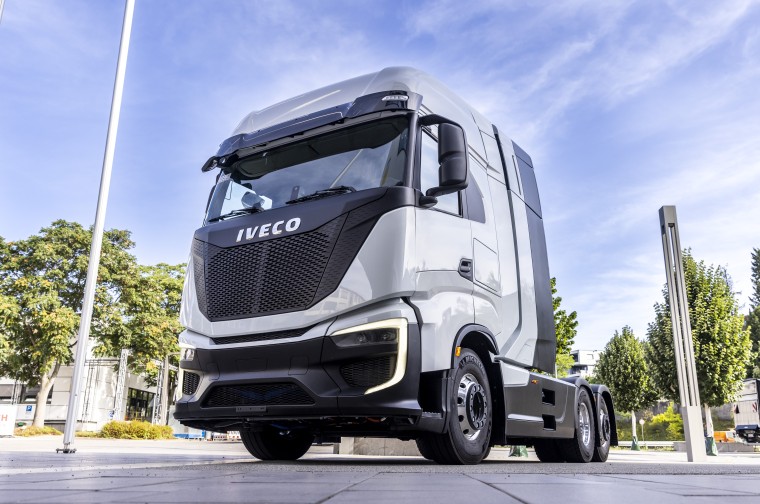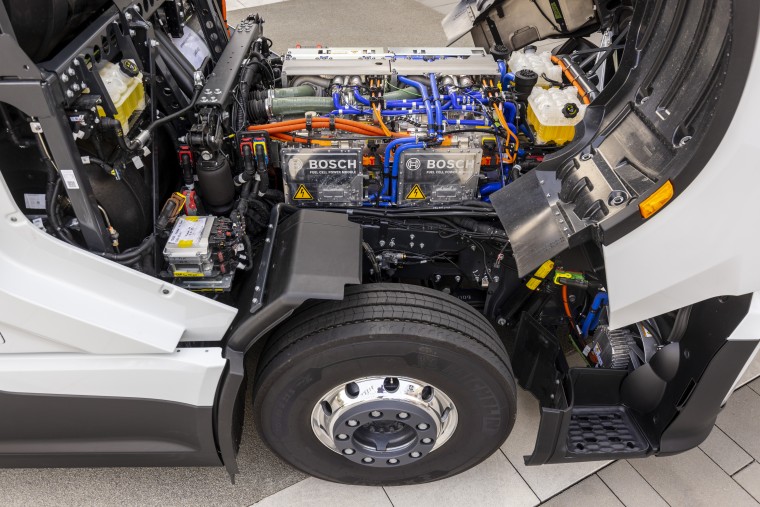
Bosch starts volume production of its fuel-cell power module
London, 13 July, 2023, (Oilandgaspress)-Bosch is entering the hydrogen age of mobility. At its Stuttgart-Feuerbach location, the supplier of technology and services has now begun volume production of its fuel-cell power module. Nikola Corporation, based in the United States, will serve as the pilot customer with its Class 8 hydrogen fuel cell electric truck, which is scheduled to enter the North American market in the third quarter of 2023. “Here in Stuttgart-Feuerbach, in the plant whose history goes back further than any other Bosch plant, the hydrogen future is about to happen,” said Dr. Stefan Hartung, the chairman of the board of management of Robert Bosch GmbH, at the Bosch Tech Day 2023. “Bosch knows its way around hydrogen, and Bosch is growing with hydrogen.” The company operates along the entire hydrogen value chain, developing technology for its production and application. By 2030, Bosch plans to generate sales of roughly 5 billion euros with hydrogen technology.

In its solutions for the hydrogen economy as well, Bosch is relying on a global manufacturing network and the prowess of its German locations. For example, the Bosch plant in Bamberg, Germany, will supply the Feuerbach factory with the fuel-cell stack. And important system components such as the electric air compressor and the recirculation blower come from the Bosch plant in Homburg, Germany. “Bosch is one of the very few companies that are capable of mass producing technology as complex as fuel-cell stacks. We don’t just have the required systems expertise, but also the capability of quickly scaling up new developments to mass production,” said Markus Heyn, member of the Bosch board of management and chairman of Bosch Mobility. Production of the fuel-cell power module is not only starting in Feuerbach, but also in Chongqing, China. The components it requires will come from the Wuxi plant. “Bosch is the first company to produce these systems in both China and Germany,” Hartung said. In addition, Bosch is also planning to manufacture stacks for mobile applications in its U.S. plant in Anderson, South Carolina. Worldwide, the company expects that, by 2030, one in five new trucks weighing six tons or more will feature a fuel-cell powertrain.
Information Source: Read More
Energy Monitors , Electric Power , Natural Gas , Oil , Climate , Renewable , Wind , Transition , LPG , Solar , Electric , Biomass , Sustainability , Oil Price , Electric Vehicles,

